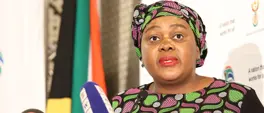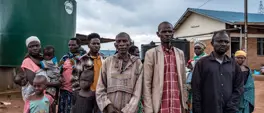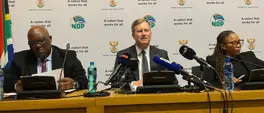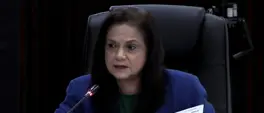Constrained power grid impacting on some renewable energy projects - DMRE
Lindsay Dentlinger
18 January 2024 | 15:00The Department of Mineral Resources and Energy said that this was the reason several of the plans in response to the 2019 IRP had not materialised.
CAPE TOWN - The limited electricity transmission capacity in some provinces has been identified as a major inhibitor to introducing new renewable energy projects.
The Department of Mineral Resources and Energy said that this was the reason several of the plans in response to the 2019 IRP had not materialised.
The department on Thursday held a second round of public consultations on the 2023 draft integrated resource plan (IRP), which spells out the country’s future energy needs.
But the department has been questioned by energy experts and analysts on the accuracy of its modelling and projections.
The 2023 draft integrated resource plan makes forecasts for two horizons - one up until 2030 and another to 2050.
Private sector projects currently in the pipeline are expected to produce 10.4 gigawatts of electricity by 2030.
Over 60% of this is expected to come from solar PV.
But the department’s chief energy planner, Sonwabo Damba, said that the constrained grid was impacting some renewable energy projects.
"The most part of the grid around the country has got spare capacity and in certain cases, quite a lot. However, the rich resource areas from a renewable perspective, which are the Cape areas, obviously, there were some issues there."
The department expects Eskom to have significantly expanded the grid by 2032.
The public has until 23 February to make inputs to the new draft IRP.
The department hopes to finalise the document by the end of May.
Get the whole picture 💡
Take a look at the topic timeline for all related articles.















